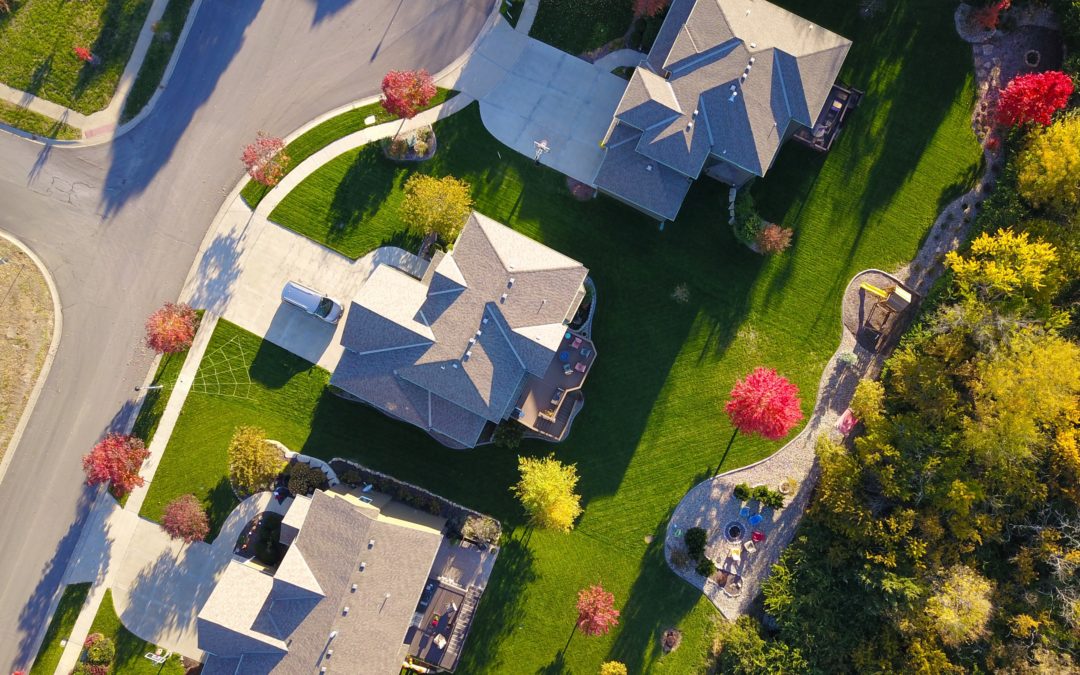The right to quiet enjoyment of ones’ home is a right bestowed upon all homeowners and residents. However, as our communities continue to grow and become more densely populated, the concept of a quiet living space may seem far-fetched. The noises that we hear daily in and around our home can make the difference regarding whether our home feels like a tranquil sanctuary or a disturbing nightmare. We all have a different opinion of what is tranquil and what is disturbing, as well as the extent to which we can live with the disturbing noises. However, there are certain types of noises that not only create an obnoxious invasion of the right to the quiet enjoyment of one’s home, but are also unlawful. The benefit to this fact is that there is recourse for you if you are one of the unfortunate individuals that has been effected by such noise.
Noise disturbance complaints and disputes amongst residents of condominium units that share common walls, floors, and/or ceilings are common. Living in such close proximity to one-another, combined with a set of governing documents that provide for complaint processes and recourse against an offending party, provides residents with an easy way to communicate noise disturbances. However, residents in single-family homes often face noise disturbance issues that they may not know how to manage or effectively report. Yet, what residents may not realize is that there are noise regulations in place no matter where one may reside and there are tools available to residents affected by unlawful noise.
So, what noises are considered unlawful? The answer will lie in your City’s municipal code and/or noise ordinance. Some cities will have a more stringent municipal code/noise ordinance than others, but using the City of Seattle as an example, the Seattle municipal code/noise ordinance recognizes certain types of noise as illegal and provides for recourse and a fining system that may be implemented against an offending party. The following are some of the types of noises that may rise to the level of unlawful in the City of Seattle:
- Loud House Parties, where more than one person is gathered, noise is frequent, the noise can be heard at a distance of 75 feet from the property, the noise is emanating from a residentially zoned area, and occurs between 10:00 p.m. Friday – 7:00 a.m. Saturday, or between 11:00 p.m. Saturday – 7:00 a.m. on Sundays;
- Vehicle Noise, where the sound from a motor vehicle sound system and/or a vehicle muffler can be clearly heard at a distance of 75 feet from where the noise is originating;
- Noise in Parks and Public Places, where the sound is generated while in a park, residential or commercial zone, or close to a school or bus, and where the sound generated from portable audio equipment can be heard from 75 feet away; and
- Construction Noise that is outside of the designated noise restriction hours.
What can be done about loud noise? It is important to consider the factors within the municipal code and/or noise ordinance that deem specific noises as unlawful before taking action. Cities will consider many factors before determining whether a specific noise is unlawful. The City of Seattle, for example, will want to determine decibel levels of vehicle stereo noise and muffler noise before considering such noises as unlawful. Decibel levels are determined by a decibel meter, which can be rented or purchased by anyone in an effort to measure sound levels, if the need should arise.
If the noise disturbance you are experiencing is infringing on the quiet enjoyment of your home, then don’t be afraid to take action! Your best recourse is to: stay calm; discuss the issue with the offending party; be consistent; discuss the issue with an individual knowledgeable with the applicable municipal code and/or noise ordinance, whether a city employee or an attorney; and, if necessary, report it to your local police department. Advocating for the quiet enjoyment of your home is important and you deserve the tranquility that you had envisioned when you chose your home.

Recent Comments